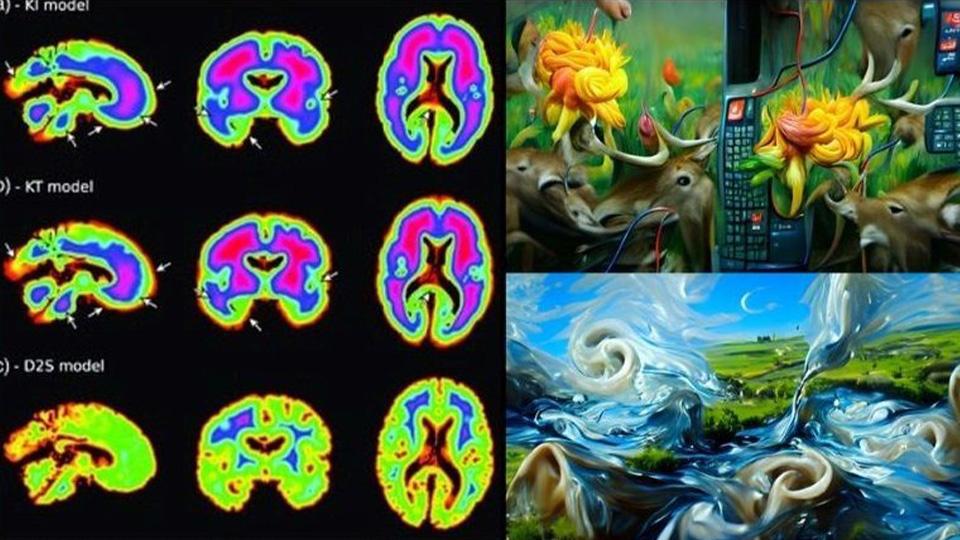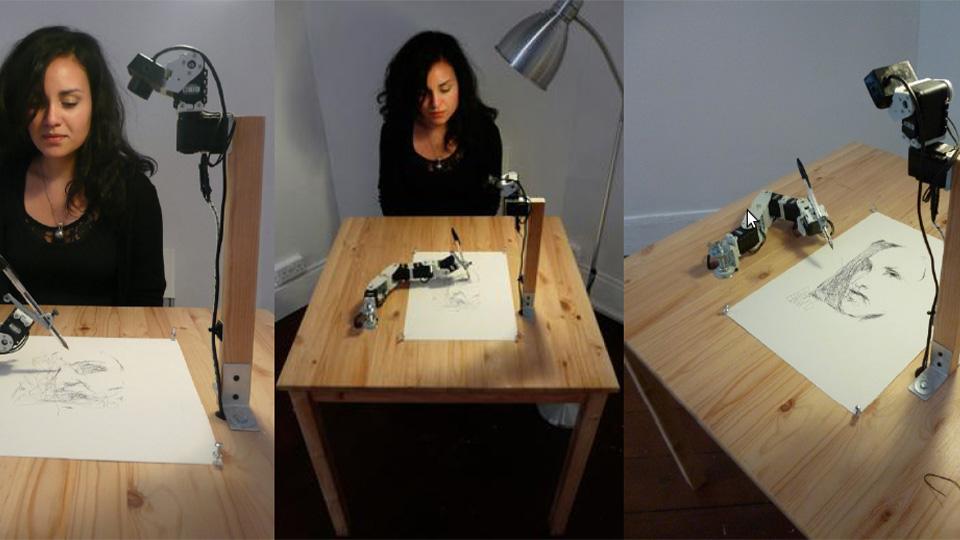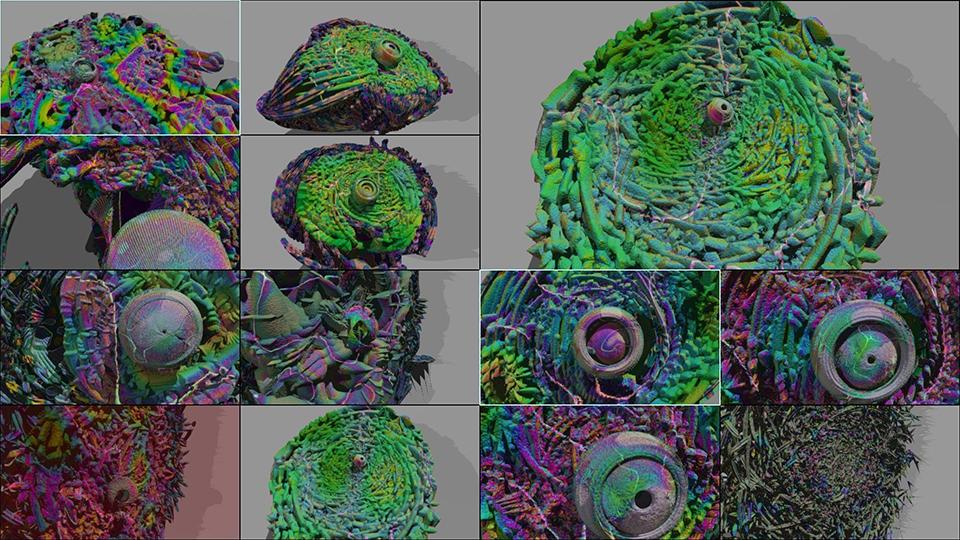Prof Frederic Fol Leymarie
Frederic works on creativity and AI systems, including robots which can perform artistic skills similar to humans.
Staff details
Frederic works on creativity and AI systems, including robots which can perform with artistic skills similar to expert humans.
He also conducts work with specialists in the biosciences, helping to develop interactive computer environments (occasionally in the form of serious games) to facilitate the study of complex biomolecular problems (folding, docking).
Frederic has a long term interest in shape understanding where he combines knowledge from perception, vision science, AI, the visual arts. Frederic joined Goldsmiths in 2004, when he launched an MSc in Arts Computing.
Outside academia, Frederic leads the consulting activity London Geometry in partnership with Prof. William Latham.
Academic qualifications
Ph.D. (Brown University, 2003).
Teaching
Frederic is programme leader with William Latham of the MSc Computer Games & Entertainment. In the past few years, his focus has been on teaching maths and graphics to our MSc Computer Games & Entertainment students.
The programme lasts two terms (Autumn+Winter/Spring). The evaluation is essentially based on individual and team projects. Typical topics covered include linear algebra, complex numbers and quaternions, interpolation in curves and surfaces, meshes and light rendering.
Each year brings some new topics. In the past two years Frederic has developed lectures on the use of machine learning in computer games. I also teach (together with Andy Thomason) the 'Physics and Animation in Games' module (1 term). He also mentors Year 2 BSc Computer Science team projects and occasionally final year individual projects.
Research Interests
Areas of supervision:
- Computer vision and computer graphics
- AI, Machine Learning and Creativity
- Artistically skillful robots
- Interactive platforms for the biosciences, including collaborative VR systems and serious games: Bioblox, CSynth, FoldSynth
- Intersection of the visual arts and live performances with computing, perception and robots.




